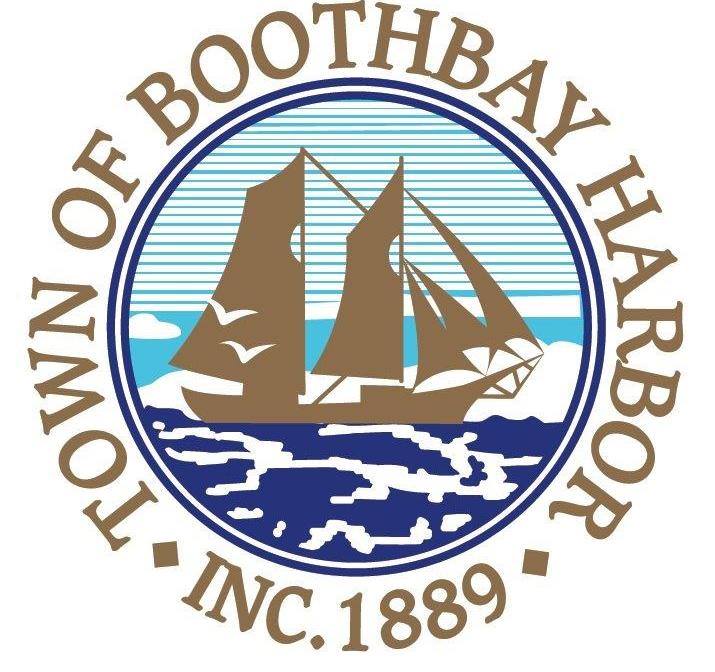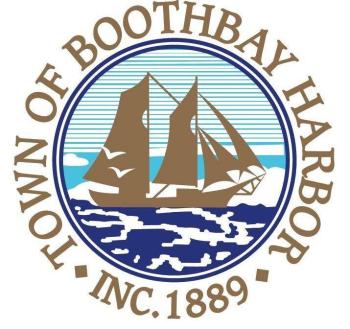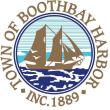Broadband committee survey reviewed
The Boothbay Harbor broadband committee on Feb. 1 reviewed Lincolnville Communications (LCI)’s proposal and a recent survey in which 186 residents identified the state of their internet access. Town Manager Julia Latter said 116 respondents identified as year round residents, 51 seasonal, 14 as property owners and five as business owners. Also, 172 responded broadband is an issue the town should be looking into.
Committee members agreed the survey should serve as a learning experience since the questions could have been better laid out. Members Darrell Gudroe and Ken Rayle gave the example that as year round residents and business owners, they were only able to choose one option. One respondent noted the survey should have asked more.
The most common uses of internet respondents cited were entertainment, working from home, and communications like Skype or Zoom with family and friends; 82 said they use the internet for remote learning and 101 for telemedicine. Other more specific uses included personal finance and credit card processing. Four respondents said they do not have internet access; however, 21 answered the reason they do not is mostly because the services are not worth the price. Only two said the internet is not available where they are. Of those who have access, 23 said they have a fast connection, 73 a slow one and 83 an adequate one.
“Internet service in the Boothbay region is mediocre on the best days,” commented one respondent. “The provider charges way too much for slower speeds, instability with connections and little recourse for the customer because the provider has no competition in the region … Maybe it’s time for the towns on the peninsula to stop awarding contracts to unethical businesses and combine to form a public utility providing fast, reliable internet for a reasonable price (sort of like the water system). Citizens and businesses would reap the benefits of stable, reasonably priced infrastructure. The towns could provide a couple more decent paying, skilled jobs to interested locals, keeping the entire operation ‘in house’ so to speak.”
Said another respondent, “If you're not going to invest in a municipal broadband utility scheme – which you should – (then) partner with LCI. That is the only way to force Spectrum's hand in updating their infrastructure thus creating a healthy competitive market.”
Latter said LCI’s proposal to expand service to 11 homes on four roads – the remaining 2% without service – was to lay fiber optic cable at a cost over $81,000. The original estimate was for under $30,000 as the committee was looking to expand basic copper cable to ensure the whole town has some sort of access, she said. “Because it wasn't what we were asking for, we did have the board of selectmen reject all the bids.”
Spectrum said the 11 homes are already covered and owners need to cover about $7,000 of connection fees to buy in. The report conflicts with Casco Bay Advisors’ broadband inventory which marked the areas as unserved. Latter said she got in touch with Casco Bay’s Brian Lippold, who drew up questions for the town to ask Spectrum.
Member Tom Minerich cited from Lippold's notes the possibility Spectrum might consider charging only the standard connection fee. “From what I've read, they have the wires there, they can make the connections. I don't think it will be fiber, it'll be whatever their standard is … It seems to be that would provide what we're looking for.”
Latter said she would pose Gudroe’s question to Spectrum if there are any locations in its footprint which cannot reach a minimum of 200 megabits per second. She also said she will ask LCI’s Alan Hinsey to attend the next meeting to answer questions about LCI's fiber services.
Event Date
Address
United States


























